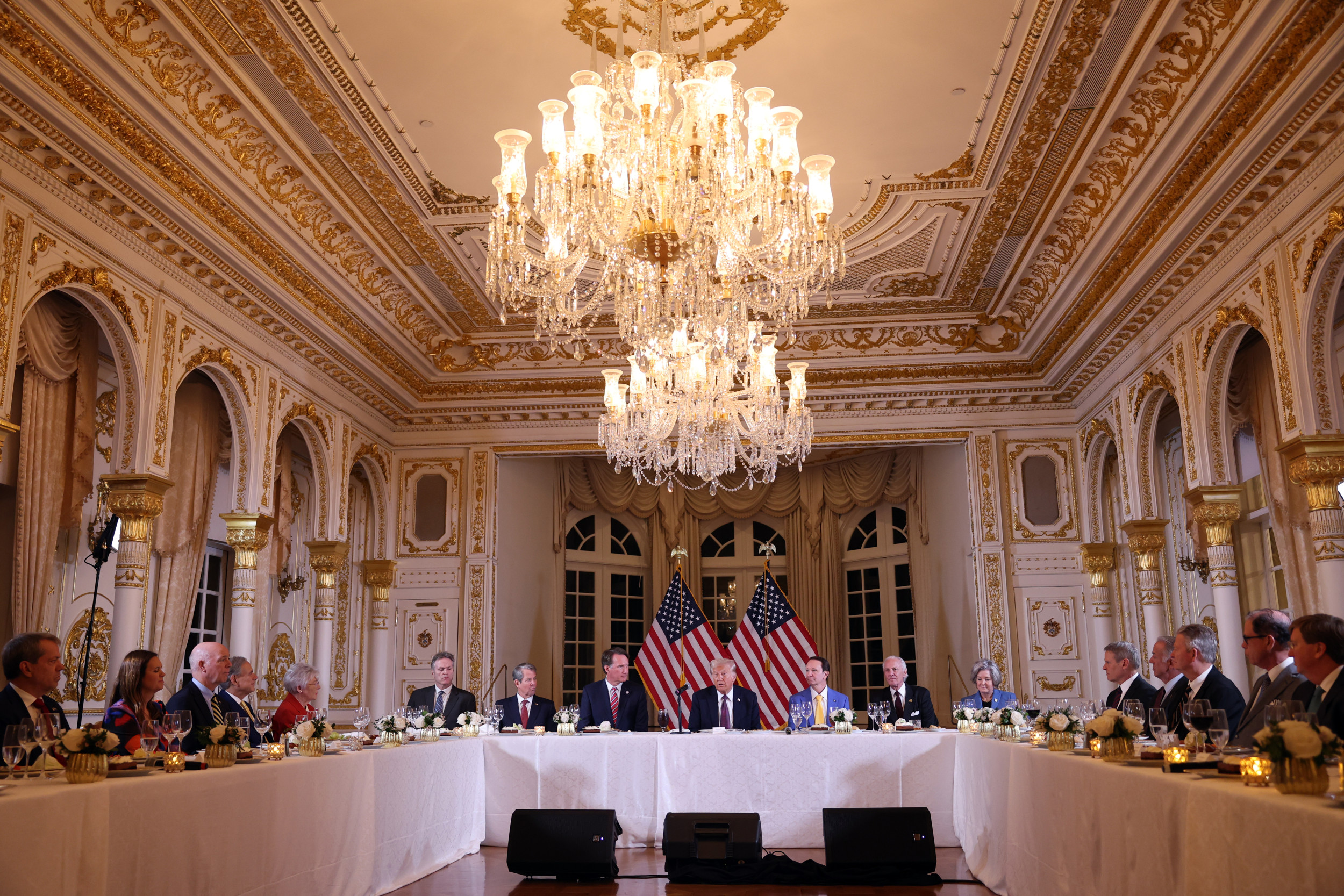Three Chinese astronauts returned to Earth on Monday after a successful six-month mission aboard the Tiangong space station, marking a significant milestone in China's quest to assert its leadership in global space exploration.
The crew's capsule made a nighttime descent, slowed by a parachute, before landing in a remote area of Inner Mongolia at 1:24 a.m. local time.
As they emerged from the capsule, a Chinese national flag flapped in the wind nearby.
During their mission, the astronauts welcomed a new three-member crew last week, which includes one woman and two men.

How Much Has China Invested In Space Exploration?
This new team is set to conduct a variety of tasks, including scientific experiments, spacewalks, and the installation of equipment designed to protect the station from space debris.
The crew will continue to expand the research capabilities of Tiangong, which has become a platform for various experiments in fields including materials science and biology.
In April, a space agency official revealed the Tiangong space station had executed several maneuvers to avoid collisions with debris and had experienced partial power loss when a solar panel's power cables were struck by debris.
The incident underscores ongoing concerns regarding space debris, which poses a threat to all spacecraft operating in low Earth orbit.

What is the Tiangong Space Station?
China is among the countries contributing to the growing issue of space debris.
In August, the breakup of a rocket stage during the launch of its first 18 satellites for a global internet service drew attention to the environmental challenges associated with increasing satellite constellations, similar to SpaceX's Starlink network.
The Tiangong space station, which translates to "heavenly palace," was completed two years ago and has been fully operational since.
Currently, only Chinese astronauts have traveled to the space station, but a spokesperson for the Chinese space agency indicated last week that discussions are underway to select and train astronauts from other countries for future missions.
They said they aim to foster international collaboration in space exploration and science.
While astronauts from various nations have traveled to the International Space Station, China remains excluded from that program.
This is largely due to U.S. concerns regarding the military implications of China's space endeavors and the perceived need for greater transparency in its space activities.
China's Ambitions in Space
China has laid out an ambitious plan to become a leader in space science research by 2050, aligning its advances in space exploration with broader scientific objectives.
This includes initiatives to develop new technologies for space travel, enhance international partnerships, and contribute to global scientific knowledge.
With these developments, China is positioning itself as a key player in the future of space exploration, as it continues to expand its capabilities and engage with the international community in addressing the challenges and opportunities presented by outer space.
This article contains additional reporting from The Associated Press




















 English (US) ·
English (US) ·